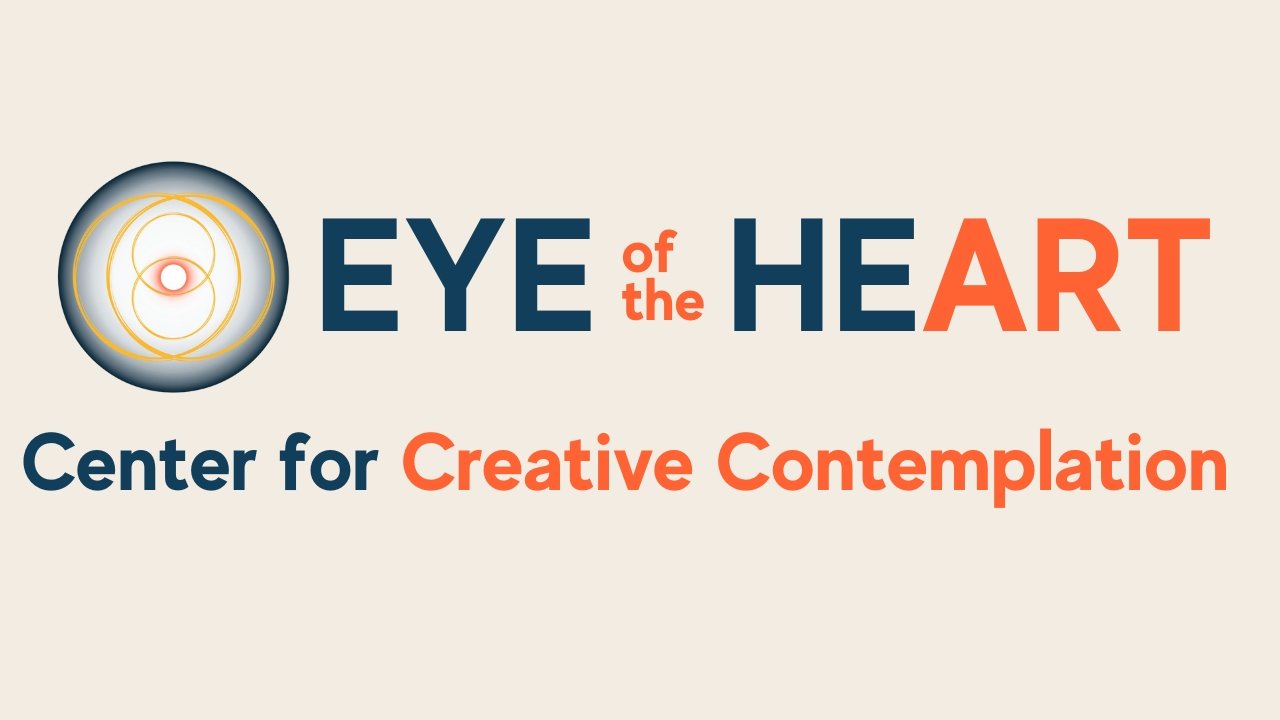Creative Bypassing: Grist for the Mill
I’d like to make a confession.
On Sunday mornings, I sit in church internally spinning out a reactive, biting critique of the service, how hollow and performative it is, how the sermons charge us to do justice and love kindness and walk humbly without ever addressing how, feeling mightily superior about the vibrancy of my prayer life and a tad resentful that other folks in the pews don’t recognize this. Valid as my criticisms may be, this inclination to nurse my wounds with “holier than thou” thoughts is, well, shameful. It’s a form of spiritual bypassing, a trap those of us walking transformational paths tend to stumble into. Flamboyantly. Embarrassingly.
The term “spiritual bypassing” was coined by John Welwood, a Buddhist teacher and psychotherapist, when he noticed clients avoiding painful emotions by seeking refuge in spiritual ideas or practices. Rather than feeling grief that the beloved institution of my faith is faulty and dying, rather than getting angry that the beautiful mystical dimension of Christianity is so misunderstood, rather than experiencing the swelling loneliness of a committed transformational path, I take refuge in superiority. My fantasy keeps me safe, isolated, and stagnant.
To be completely honest, part of the reason I keep going to church is how humiliating these internal reactions are. I don’t like them. Maybe if for an hour each week I face these weaknesses, I can stop bypassing and finally walk the walk.
Creative folks have our own version of bypassing. As soon as pen hits the page, writers’ thoughts leap ahead to publication, with its kudos and condemnation. We imagine the inspiration we’ll bestow upon our readers and the benefits our work will impart to society. If we don’t spin out far-flung fantasies of fame, we console ourselves by assuming others will at least validate our worth. By taking refuge in our beloved image of fulfilled creativity, we skillfully avoid whatever hard work presents itself: the effort of validating our own worth; the arduous process of showing up in our creations; the painful need to face our smallness; the exercise of faith to proceed regardless.
Writing, like spiritual growth, takes time and effort. When we leap over the process to the product, we bypass art. In the meantime, we can be grateful that the process makes us aware of our propensity for bypassing. Once we see it, it can become, as a former therapist often told me, more “grist for the mill.”
—Elizabeth Jarrett Andrew

